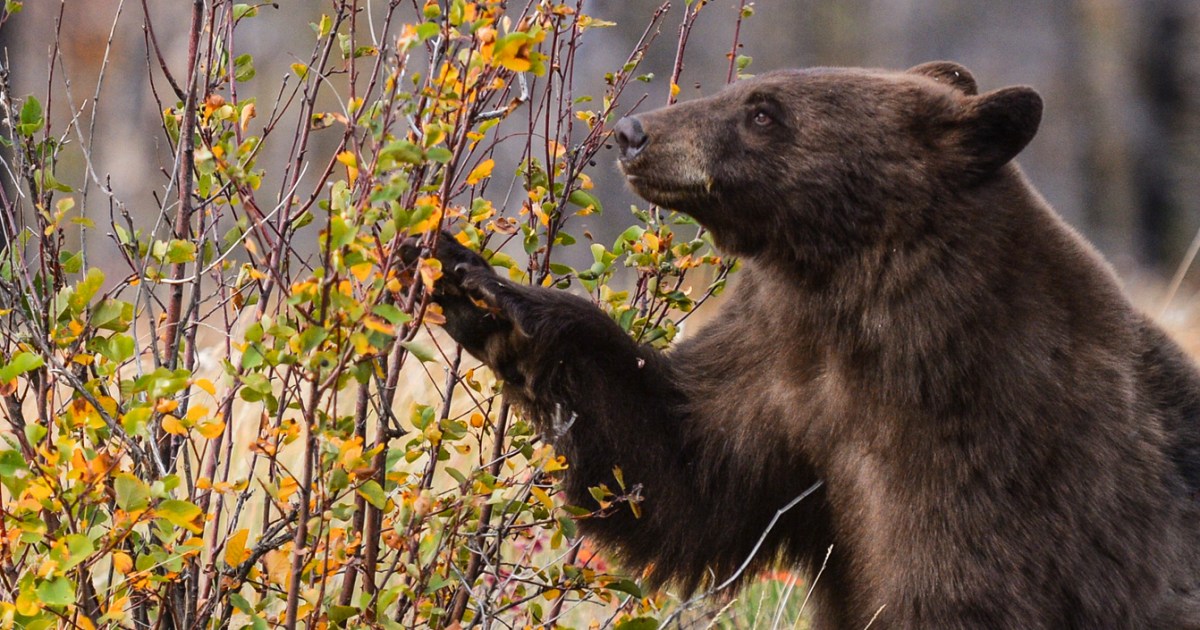
A gathering in North Carolina last year resulted in 10 probable cases of a parasitic infection from undercooked bear meat, according to a new report from the Centers for Disease Control and Prevention.
The outing in the western region of the state in November culminated in a presumed outbreak of trichinellosis, a rare parasitic disease linked to wild game meat, the CDC said in the report published last week.
Trichinellosis occurs when people eat undercooked or raw meat harboring dormant roundworm larvae, the report said.
Cooking wild game meat to an internal temperature of at least 165 degrees Fahrenheit is necessary to kill the parasite, the CDC said.
Of the 34 people surveyed who attended the gathering, 65% reported having eaten bear meat. Among the 10 likely cases, nine patients had facial swelling, six had muscle aches and pains, and four had fevers, the CDC said.
On Nov. 29, the North Carolina Division of Public Health was alerted to a suspected case of trichinellosis in western North Carolina, the CDC said.
Although it is rare, trichinellosis caused by eating undercooked bear meat is not unheard of in the U.S.
An outbreak occurred in July 2022 at a nine-person family reunion in South Dakota after people ate kebabs made of bear meat.
One family member took meat to the reunion from a black bear hunted in Canada. The meat had been frozen in a freezer for more than a month.
The family made kebabs with the thawed meat, alongside grilled vegetables. According to the CDC, the family had trouble determining whether the kebabs were fully cooked, because the meat was dark. So it was unintentionally served and eaten rare.
At least six family members developed symptoms such as fevers, headache, stomach pain, diarrhea, muscle pain and swelling around the eyes, the CDC said.
From January 2016 to December 2022, the CDC identified seven trichinellosis outbreaks in the U.S. involving 35 probable or confirmed cases. Most were linked to bear meat.






